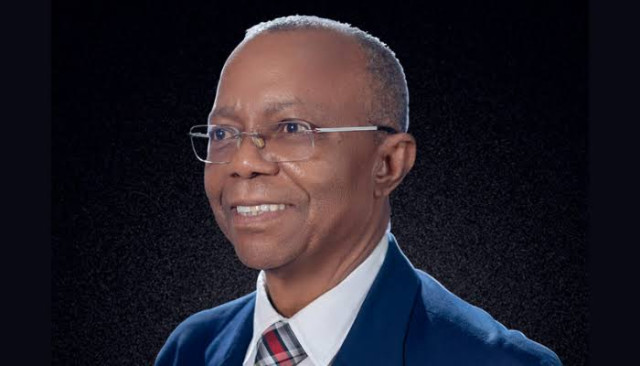LAGOS, Nigeria - The Lagos Chamber of Commerce and Industry (LCCI) has urged for ongoing public education and a shift in values to help prevent Nigerians from falling prey to Ponzi schemes.
Gabriel Idahosa, the president and chairman of LCCI, made this statement in an interview with reporters on Sunday.
He spoke during the hybrid Lagos Future Conference and Awards 2025, which was organized by DigiVation Global Network and held in Victoria Island.
Despite regulatory warnings and the efforts of the Economic and Financial Crimes Commission (EFCC) to combat them, new Ponzi schemes continue to emerge.
Following significant losses exceeding a trillion naira incurred by Nigerians due to CryptoBridge eXchange (CBEX), the Ponzi scheme has reentered the market with new tactics.
The Nigerian Securities and Exchange Commission (SEC) has also released multiple alerts regarding unregistered Ponzi schemes masquerading as legitimate companies in the capital market to mislead the public.
For instance, on June 5, SEC warned against investing in Property World Africa Network (PWAN) and its affiliate, PWAN MAX.
Idahosa pointed out that many Nigerians are falling for Ponzi schemes due to both ignorance and greed.
He noted that despite extensive media advocacy through television, radio, and newspapers, many individuals do not access this information.
He mentioned that those left uninformed often become easy targets.
He also mentioned that another group of Nigerians, although aware, gets drawn in because they previously profited from Ponzi schemes.
These individuals typically take advantage of the naivety of new investors to earn money and withdraw before the schemes collapse.
Idahosa stated that some unfortunate individuals do not manage to escape a second time and consequently lose their investments. He called for a fundamental change in values in the nation to shift the mindset of youth from seeking quick wealth to understanding the importance of hard work in building sustainable investments. He claimed that some dubious Nigerians who acquired wealth through illegitimate means act as poor role models and negatively impact the youth.
He emphasized, “Many young people, observing the few who have gained wealth through illegal channels, believe that they too can also achieve similar success.” As a result, when they encounter seemingly irresistible opportunities for rapid monetary gain, they quickly invest.
Idahosa remarked that altering this narrative depends on how diligently we define national values. He thus urged the National Orientation Agency (NOA) to enhance its awareness campaigns. He also suggested that education regulators should reinstate previous curricula that instill essential values. “In the past, civic studies were part of the curriculum in Nigeria's early years, where children learned fundamental values such as decency, honesty, the dignity of labor, and that easy money is not truly valuable.”
He noted that these values have diminished over time due to their removal from the education system, leading to a situation where young people only see examples of success linked to illegal activities. “This represents a value crisis in the country that needs to be addressed,” he stressed.
Idahosa revealed that LCCI is actively training youth throughout the year and empowering them through the Entrepreneurship Management Programme.
He stated that this training focuses on technical and management skills as well as business ethics, underscoring that honesty is the best policy.
He said, “We aim not only to teach skills but also to provide financial support so they can earn legitimate income, and we emphasize the importance of ethics.”
He added that they have an ethics committee dedicated to promoting the significance of ethical conduct in business.




















